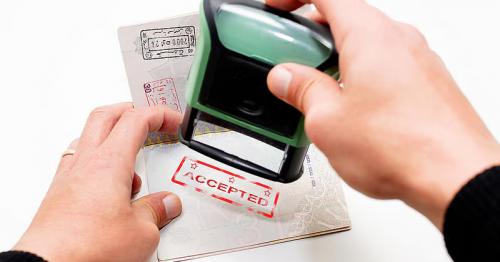UAE implements new law to ensure fair market

Another one where the company is required to inform the regulators is in case if it has more than 40 per cent share in terms of total sales in a relevant market. According to the new guidelines filed by the Ministry of Economy as a rule of the recently passed federal law on Competition. According to the authorities, to ensure a not monopoly on the market in the country.
Abdullah Ahmed Al Saleh, Undersecretary of the Ministry, said in a media roundtable: "This is an important step because of the maturity of our market.
If investors are going to venture into any market, clear legislation should. In this way, the competition law included in the fair competition protection. We do believe in the open free market, but in the absence of a level playing field it will not be one. If not, you will witness monopoly in the market which will severely affect the new suppliers, investments and facilities," he said.
It defines dominant position in the market as when the total sales are held by one entity or a group of entities, which holds a position of more that 40 per cent of the total sales, within the relevant market. Additionally, the law states that if a company's total annual sales turnover in the market exceeds the limit of Dh300 million in the relevant financial year, it should make notifications to the relevant regulators.
Reporting process
The ministry then has 90 days to decide once a company reports this, though that may be extended by 45 days. If the request is rejected, the company "cannot practice out its business or go for any acquisition or merger in the market," Al Salah said, adding that the listing also gives confidence in the company's position to further other Gulf states.
The establishments might voluntarily present a pledge to adopt practices to avoid anti-competitive effects.
But he said some sectors are excluded from this new legislation. Well, exceptions are made on some conditions or so, he said. One scenario, if the industry is 100% owned by the Government or if the Company has a proclamation from the Government saying this Company is to be exempted from the law.
Any company that is in an area where specific laws exist will also be exempted, he sighed. He added: “So for example, if we are talking about telecommunication, then it should be TDRA who will implement the anti-competition in that industry.” “This is with coordination with the Ministry of Economy pending issuance of a dedicated sectoral law.”
Time for change
The new resolution is the need of the hour, said Al-Salah. “In 2012, we issued the first law for anti-competition,” he added. "But it left out some sectors of it. We this time encompassed all the sectors on this practice. As well, be responsive to developments in the digital economy and technological advances."
In doing so, the resolution contributes to a more balanced ecosystem by establishing specific thresholds and controls for market dominance and mandatory notification, he said. "It provides consistency in commercial dealing, eliminates the possibility of monopoly, and makes it simpler for new companies to enter into UAE market," he said. “This is especially important considering that the nation employs more than 1.1 million firms as well as economic establishments.”






Comments